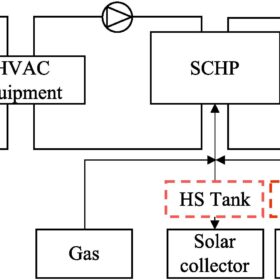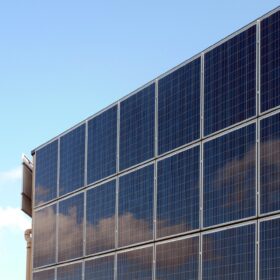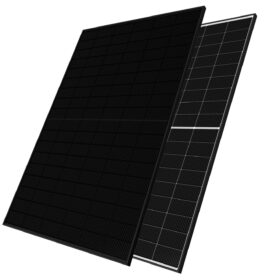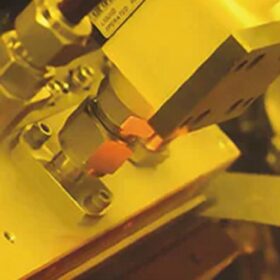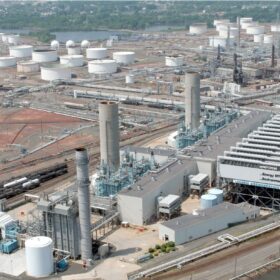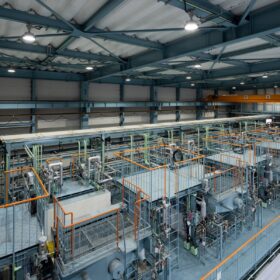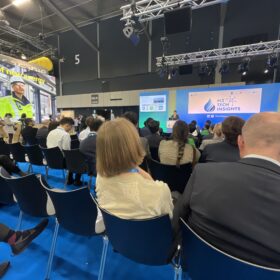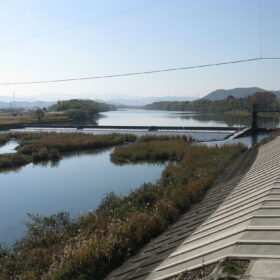Japanese researchers unveil solar chemical heat pump system for buildings
The novel heat pump concept combines solar energy with chemical storage and reportedly consume 75% less electricity than conventional heat pumps. The system relies on a battery and a heat storage tank that can be used either separately or simultaneously, depending on the outdoor conditions.
Itochu, Google enter into long-term power agreement in Japan
The power purchase agreement will see Clean Energy Connect Co Ltd, an Itochu portfolio company, develop around 72 MW of dedicated solar plants for Google by 2026, to help reach the search engine company’s renewable energy targets.
Sharp unveils new TOPCon solar modules
The Japanese electronics manufacturer has launched the NU-JC440 and NU-JC430B panels with efficiencies of 22.53% and 22.02%, respectively. Both products are IEC/EN61215 and IEC/EN61730-certified and rely on M10 wafers.
Toray Engineering offers coating equipment for perovskite PV module manufacturing
The Japanese industrial technology supplier is shipping coating tools for perovskite solar panels with dimensions up to 1,000 mm × 2,000 mm. The company will also offer soon a support for 2,400 mm ×1,200 mm sizes.
The Hydrogen Stream: Jera to invest up to $13 billion in hydrogen, ammonia by 2035
Japanese power generator Jera says it aims to take the lead in developing the global hydrogen & ammonia value chain with about 7 million tons of handling volume, while Cepsa reveals it is moving forward with its green hydrogen plans in Spain.
The Hydrogen Stream: Adnoc delivers low-carbon ammonia to Japan
Adnoc has delivered the world’s first certified bulk commercial shipment of low-carbon ammonia to a client in Japan, while Plug Power has agreed to supply a 3 GW electrolyzer in Australia.
Leapton Energy launches 20.48 kWh residential battery
Japan’s Leapton Energy has developed EH-A05, a 20.48 kWh residential battery featuring storage capacities starting at 5.12 kWh, with lithium iron phosphate (LFP) batteries.
The Hydrogen Stream: Asahi Kasei to test alkaline water electrolyzer
Japan’s Asahi Kasei is testing a new alkaline water electrolyzer, while China has started developing its first 100 kg vehicle-mounted liquid hydrogen system.
Key takeaways from World Hydrogen 2024 in Rotterdam
Development of green hydrogen production in Europe is moving forward in fits and starts, but the ongoing World Hydrogen 2024 event in Rotterdam calls for blue hydrogen adoption, which suggests that the oil and gas industry aims to maintain control of the hydrogen market.
The warming effect of PV on land surface temperature
Researchers in Japan have analyzed the warming effect of photovoltaic system on land surface temperature around the Kushida River Basin for ten years and have found this value increased by an average of 2.85 C.
